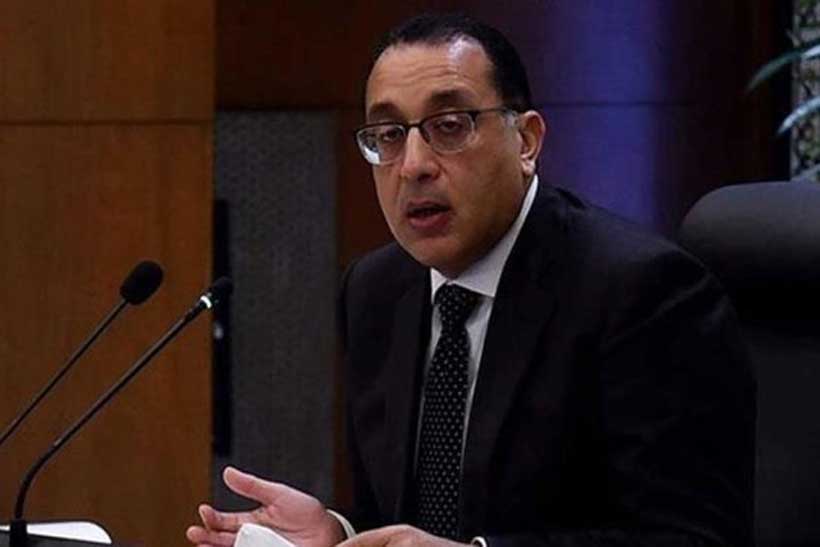Egypt’s annual urban consumer price inflation slowed to 11.7% in September, down from 12% in August, according to data released on Wednesday by the Central Agency for Public Mobilization and Statistics (CAPMAS). The reading came in better than expected, surpassing the Reuters poll median forecast of 11%, and marked a continued easing in price pressures as the government maintains a tight monetary policy stance.
This latest figure extends a two-year downward trajectory from the country’s record high of 38% in September 2023, underscoring progress in restoring macroeconomic stability following severe inflationary shocks driven by currency devaluation and global commodity price surges.
Why It Matters
Egypt’s sharp disinflation reflects the impact of the International Monetary Fund’s (IMF) $8 billion support package signed in March 2024, which reinforced fiscal discipline, exchange rate flexibility, and monetary tightening. The easing inflation provides breathing room for policymakers grappling with high debt servicing costs, currency pressures, and social discontent linked to years of rising living costs.
For investors, the moderation signals a potential turning point in Egypt’s post-crisis recovery narrative. The central bank’s recent rate cuts 100 basis points on October 2 and 200 basis points on August 28 indicate confidence that inflation is being brought under control. These moves mark the third and fourth rate reductions of 2025, after an aggressive tightening phase through 2023–24 that saw borrowing costs reach historic highs.
Key Economic Indicators
- Inflation (Sept 2025): 11.7% (down from 12% in August)
- Reuters Poll Forecast: 11%
- Inflation Peak: 38% (Sept 2023)
- IMF Support Package: $8 billion (signed March 2024)
- Recent Rate Cuts:
- 100 bps on October 2, 2025
- 200 bps on August 28, 2025
- Monetary Trend: Gradual easing after two years of aggressive tightening
What’s Next
The Central Bank of Egypt (CBE) is expected to continue cautiously easing monetary policy in the coming months if inflation remains within its projected trajectory. Analysts anticipate further stabilization of the Egyptian pound and gradual improvements in consumer purchasing power, though external risks including fluctuations in global oil prices and geopolitical tensions could still challenge the recovery path.
Sustained disinflation will also be critical for maintaining IMF confidence and attracting foreign portfolio investment, particularly as Egypt seeks to bolster its FX reserves and revitalize private sector growth after years of austerity.
With information from Reuters.


